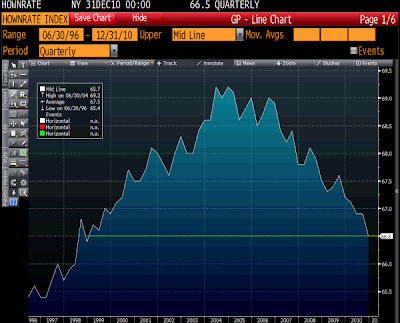 |
| Is success simply . . . |
Or is success achieved primarily through personal effort?
In the first view, the fat cat either inherited a fortune, or else benefited from some kind of rigged game where family ties or personal connections eased the person's way up in the world, until he reaps rewards all out of proportion to what he's worth.
 |
| . . . a matter of luck? |
According to the first view, the poor person happened to be born in the wrong neighborhood, perhaps with the wrong skin color, with down-on-their-luck parents, going to a bad school or no school at all. The person was probably abandoned as a child, and the only family he had was the local street gang, or the only father figure she could find was a violent pimp.
According to the second view, the poor are guilty of their own poverty. They are out of work because they dropped out of school, never focused on a career, and think the world owes them a living despite the fact that even when they do have a job they rarely do much work. They drink too much, party too much, gamble too much, spend too much time having irresponsible sex and out-of-wedlock babies.
People who believe success is achieved through luck are more likely to support redistributing income from the lucky rich to the unlucky poor. They are more likely to support increased government regulation, higher taxes, and more government involvement in the economy and in people's lives. They are also more likely to support abortion (because you get pregnant through bad luck), gay marriage (a throw of the gene dice) and national health care (because if you get sick you're just unlucky).
But what makes you believe in the luck theory, or the effort theory? There are personal experiences, of course, and your own upbringing -- what your parents believed and taught you. But according to business journalist Eduardo Porter in his thought-provoking book The Price of Everything, Americans who experienced a deep economic recession between the ages of 18 and 25 (people entering the work force in the 1970s or the late 2000s) are more likely to believe that success is achieved through luck rather than effort. Paradoxically, they also have less trust in public institutions, so even as they demand more of government, they doubt government's ability to deliver services.
Europeans in general come down on the luck side of the equation, and are skeptical of the idea that the wealthy deserve what they have, according to a World Values Survey of 2005-08. They believe the world is essentially unfair; they attribute success largely to "external social conditions"; and they therefore prefer high taxes and aggressive income redistribution. This European belief, according to Porter, is likely rooted in the feudal past, when prosperity had nothing to do with effort and very much to do with having the right parents. The belief in luck is even stronger in Eastern Europe, where decades of government control over the economy instilled a view that personal effort made little difference, and that government should provide for people's financial security.
Despite the recent/current economic crisis, the vast majority of Americans still believe that honest hard work is the key to success. Surveys say up to 90 percent of Americans say hard work will lead to a better life, compared to the minority who believe success is merely a matter of luck. Most Americans believe our capitalist system is fundamentally fair and that the American dream is available to those who seek it.
The belief that the world is essentially just is a positive force with concrete benefits. It motivates people to work, to take risks and invest in the future. It also prompts them to be honest themselves, to treat others fairly, and educate their children to scale the economic ladder. It helps if you believe. It helps even more if the belief is true.
So what do you believe? Why do you believe it? And have your beliefs changed because of the recent insanity on Wall Street, the irresponsibility of the banks and the bankruptcy of the auto companies and the mortgage companies?
It makes a difference.









